|
3/1/2024 1 Comment A Show of Kindness? You decide!I’m a bit late in honoring the anniversary of an incredible act by an incredible dog.
1 Comment
Here’s a little something I found in my archives. I didn’t write it so I can’t take credit ( or blame 😊) for its content:
Why is a dog such a great therapist? 1-You can babble on endlessly and he won’t interrupt you. 2-He never gives you needless advice. 3-He’s always providing positive feedback. 4-He doesn’t fake his interest in you. 5-He’s not in it for the money; he’ll settle for kibble. 6- He makes sure every session ends on a positive note. 7-He never violates your confidentiality. 8-His nurturing skills are unparalleled. 9-Scheduling appointments is a breeze. 10-He never double-books appointments. 11- A dog helps you break life down into its simplest and best parts. 12-He is on 24-hour call for any emotional emergency. 13-Minutes into watching your dog at rest or play you forget what was worrying you; try that with a human therapist. Can you add to the above list? Can you share personal experiences that validate or invalidate any of the above claims? 1/1/2024 0 Comments Heidi's Home Sweet HomeFrom the moment Heidi entered the Bed and Biscuit, she proved to be a hard-to-handle resident. Morgan, who operated the kennel with her mother, said Heidi was very frightened and standoffish. She would allow people to enter her room, but she wouldn’t leave it. Initially, she refused to eat. Approximately three days into her stay, I stopped by to give Heidi a walk. When I entered her room, she didn’t seem to recognize me. Then, when she did, she became very enthusiastic. Good! My dad is going to take me home! I took her outside and we went on a decent trek. When I brought her back into the Bed and Biscuit, I talked briefly with the staff. They didn’t have nice things to say about Heidi’s demeanor. Having seen Heidi in action, I understood where they were coming from. From behind the counter, Heidi was gesturing as if she wanted me to take her back home. Unfortunately, I couldn’t do that, and I left the building, serenaded by Heidi’s desperate barking.
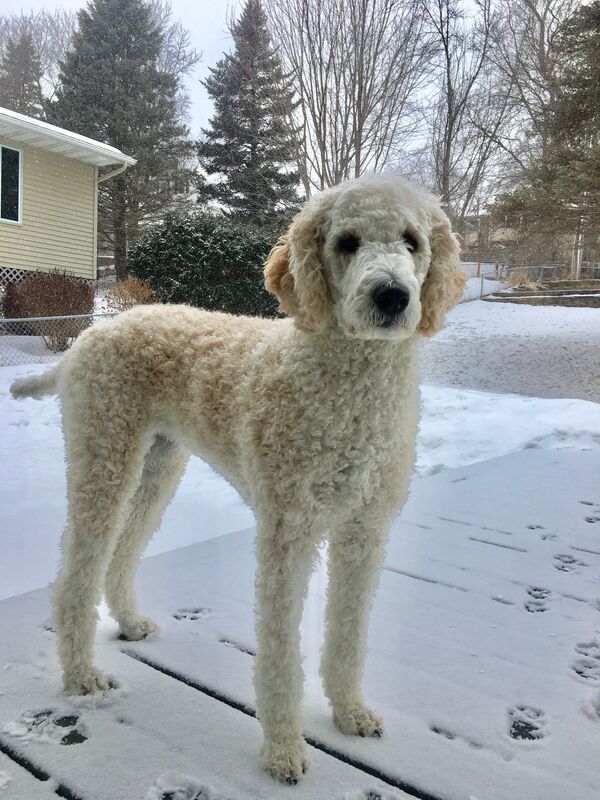 One morning a few weeks ago, I woke up and felt like I was on death’s doorstep. Later that day, the hospital laboratory results confirmed my suspicion. Upon being admitted and due to my serious condition, I had to endure extremely aggressive treatment. Unfortunately, that treatment consisted of endless blood drawings (sometimes with two nurses drawing blood simultaneously, one from each arm), test upon test, including one procedure that included having a needle injected in my lower spine, and a colonoscopy, the preparation for which is—in my humble opinion—medically approved self-abuse. The rational part of me knew my life was on the line and that justified the sometimes excruciatingly painful treatment procedures. On the other hand, the emotional part of me was getting worn down by the daily regimen I was being subjected to. I began having doubts that I could keep enduring the discomfort the medical team was inflicting on me. I no longer was certain I’d have the ability to see things through. The thought of leaving the hospital AMA (against medical advice) occasionally popped into my head. I felt I simply wasn’t as tough as I used to be. About five days into my stay, I was lying in my gloomy hospital bedroom bed looking outside at the gloomy late November weather and keeping myself busy with my gloomy thoughts. That’s when I met Shane. A lady knocked on my door and asked, “Do you want to have a visit from a therapy dog?” Do I? “Please, by all means. “ Talk about “just what the doctor ordered”. In trotted Shane, a standardbred poodle (photo of his breed shown below). He headed straight for me, stopping at the edge of my bed. I reached over and petted him while he slobbered on my hands. My wife Clara happened to be in the room, and he gave her similar attention. We chatted with Shane’s owner/trainer. Make no mistake. Therapy dogs are not just friendly pooches that one day had a vest wrapped around them and got to work. They must pass all kinds of rigid obedience tests. For example, they learn not to jump onto a patient or their bed, something countless dogs do by nature. After spending about fifteen minutes with me, Shane tugged slightly on his leash. His trainer said, “That’s his way of letting me know he’s ready to move on to the next room. He knows he has a lot of patients to see.“ Shane is an ambassador of hope. He may not remember my name, but I bet he remembers my scent. That’s good enough for me. Years ago, a veterinarian told me that humans ascribe all kinds of behavior and thinking onto animals without having objective proof. I tend to agree with her but all I know is, in the presence of Shane, I immediately forgot about my precarious and uncomfortable medical condition. I left my world and entered his. In his domain, all felt okay, no matter what was going on in mine. It didn’t matter to me if Shane was aware of the magic he was pulling out of a hat or not. What is it about dogs? P.S. Up to the day I met Shane, all my lab tests had failed to come up negative for the microbe that had infected me. I could not discharged from the hospital until I provided a sample that did. And it had to remain infection-free for seventy-two hours following its being drawn. I had blood drawn on Thursday, the day after I met Shane. The specimen sat for the mandatory seventy-two hours. On Sunday, the infectious disease doctor gave me the good news I had finally passed the “audition”. No new bacteria had grown in my blood, and I was eligible for discharge. Do I owe all, any or none of my recovery to a dog? I don’t know. All I know for sure is that Shane brightened my day with his visit, and it’s been all uphill ever since that moment. P.P.S. Here's a bonus video about another great dog: https://bit.ly/46P4hMe 10/31/2023 0 Comments A Little Bit of EverythingSometimes, you just have to wing it when writing a blog post: |
Author Biography
Walter Stoffel is a substance abuse counselor and GED teacher in correctional facilities. When not behind bars, he likes to read, travel, work out and watch bad movies. Major accomplishment : He entered a 26.2-mile marathon following hip replacement surgery and finished—dead last. The author currently lives with his wife Clara, their dog Buddy (another rescue), and cat Winky (yet another rescue).
Archives
October 2023
CategoriesAll About Dogpatch Blog Dogs And Convicts Dogs As Therapy Lance: A Spirit Unbroken Book |
|
Lance: A Spirit Unbroken ©2017-19 Walter Stoffel.
|
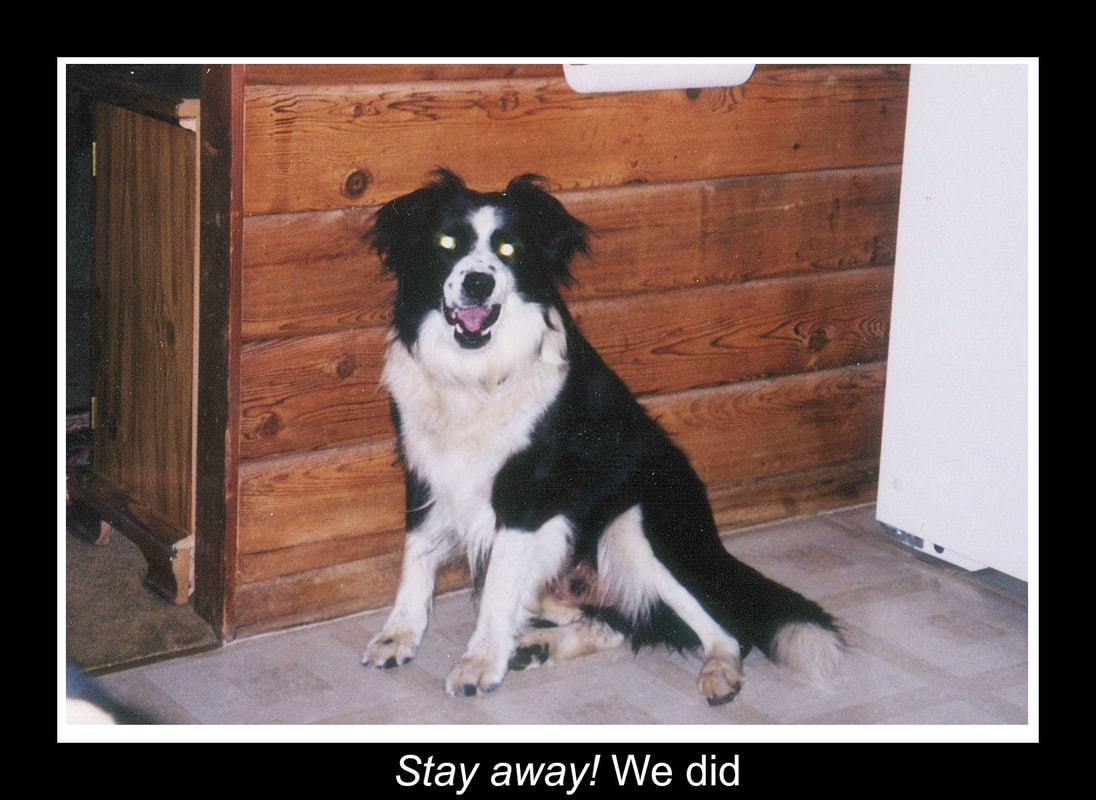
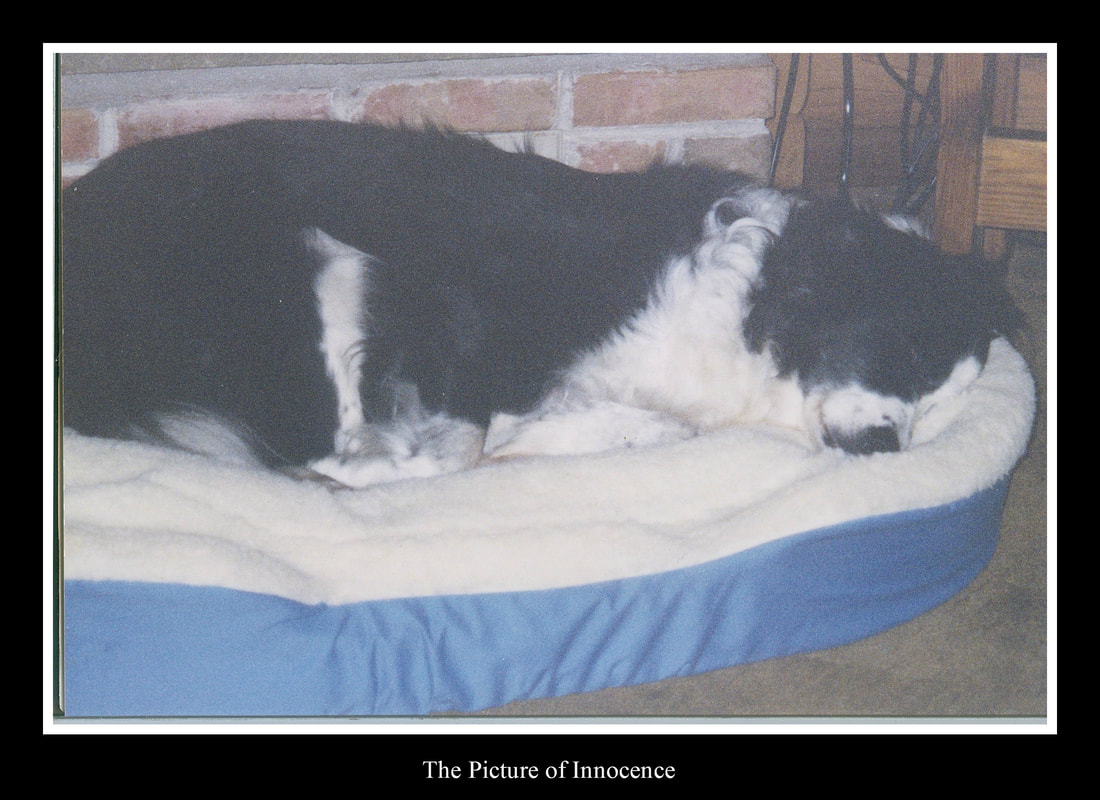
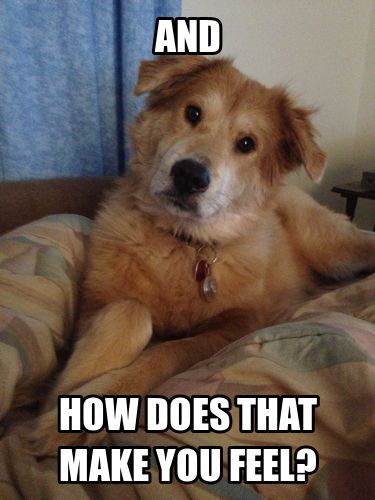
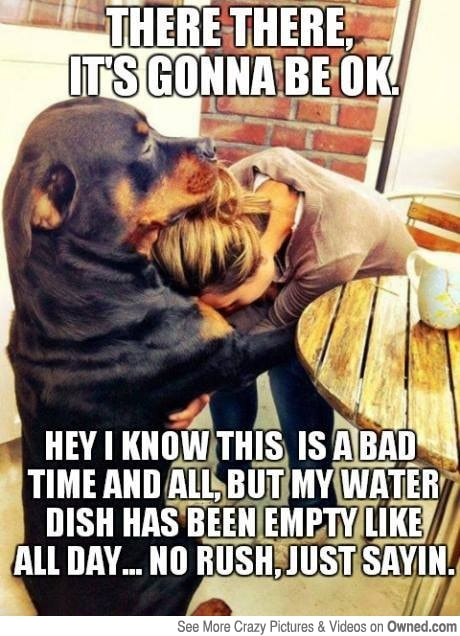
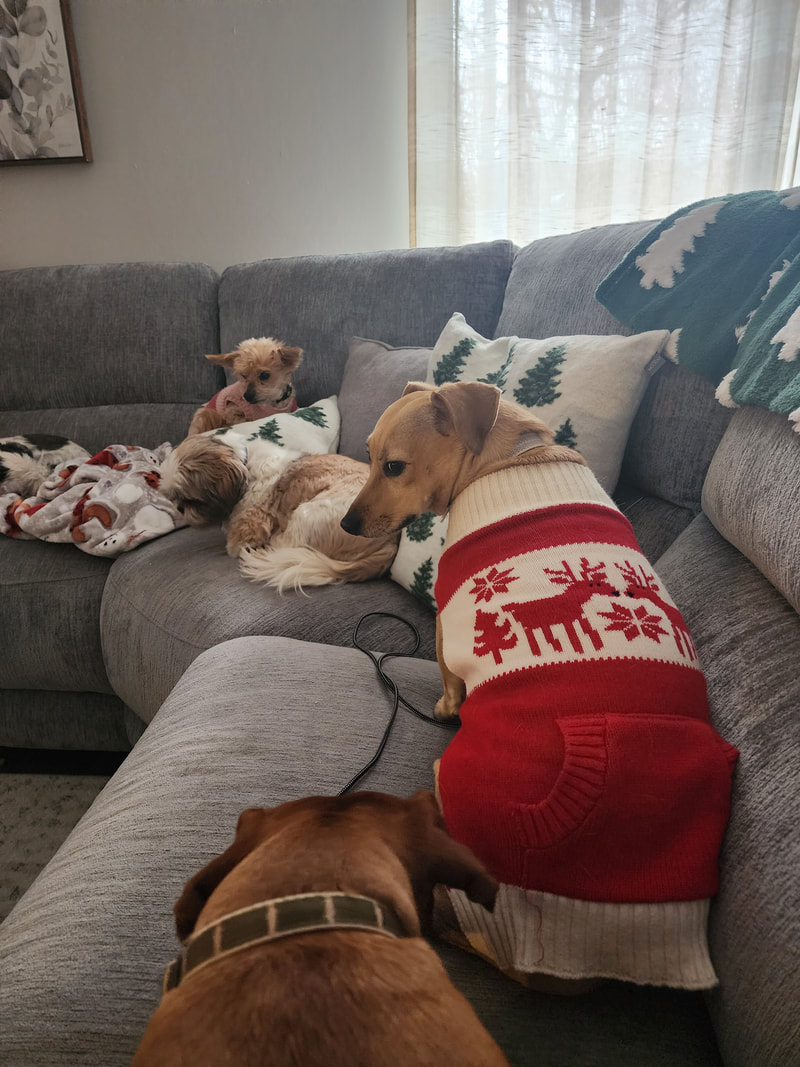
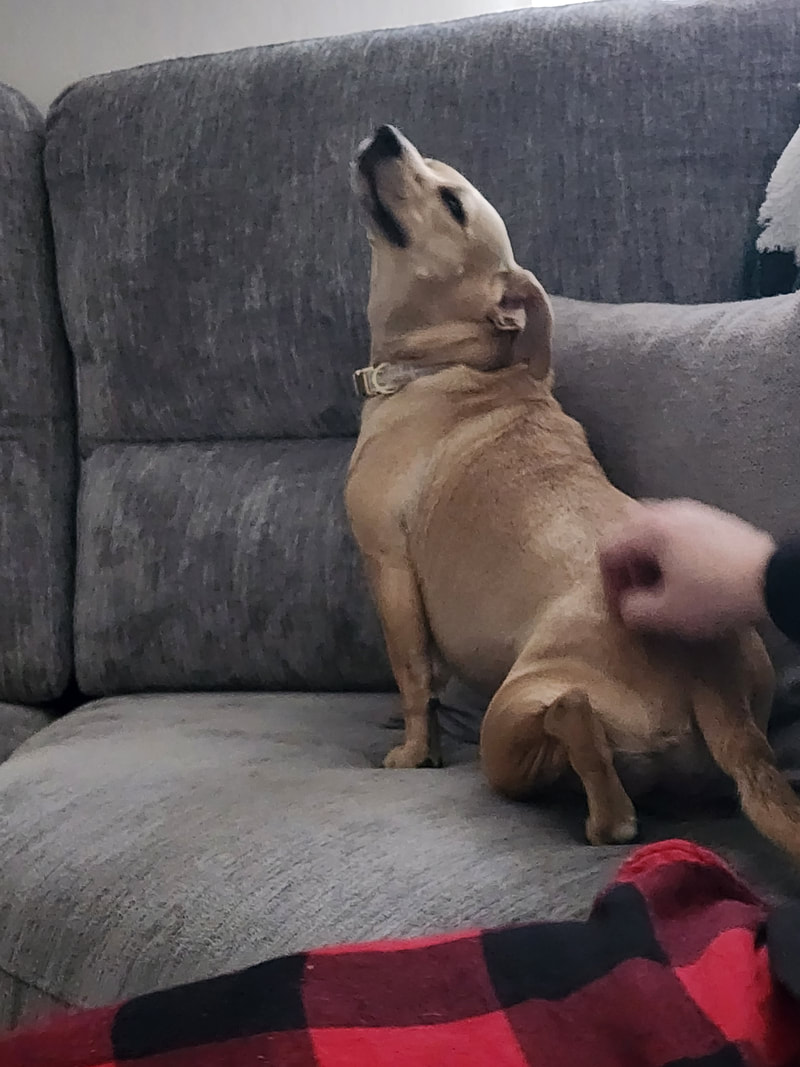
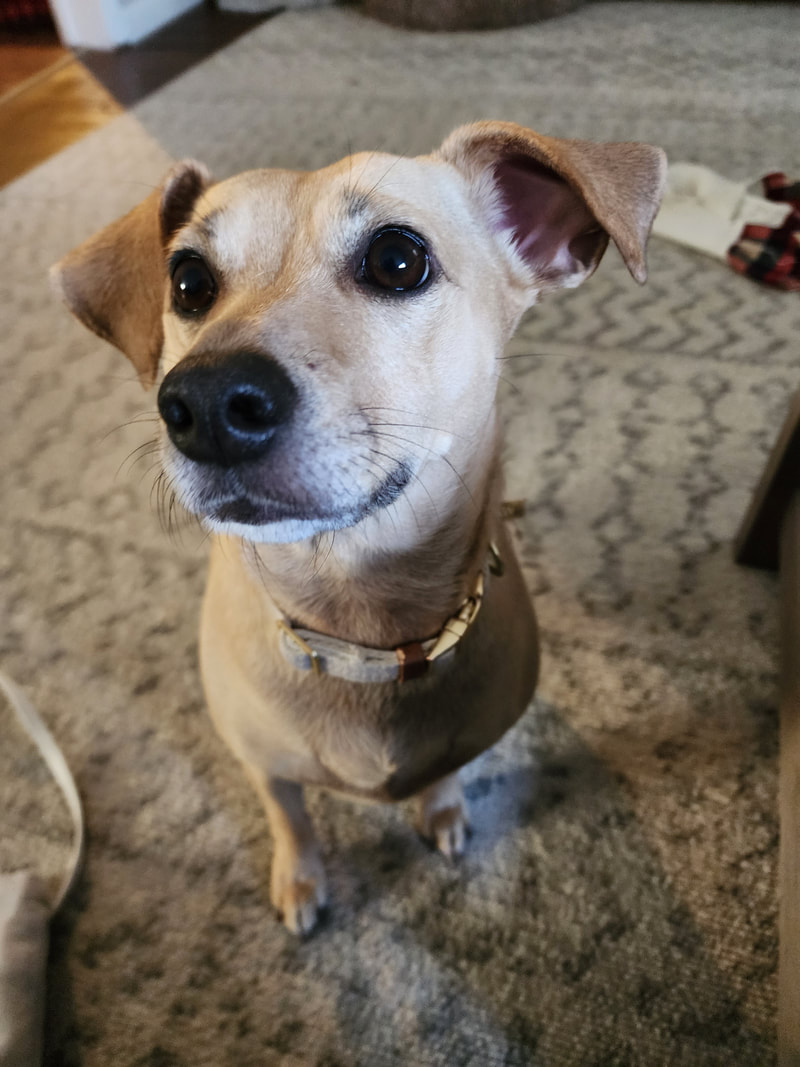
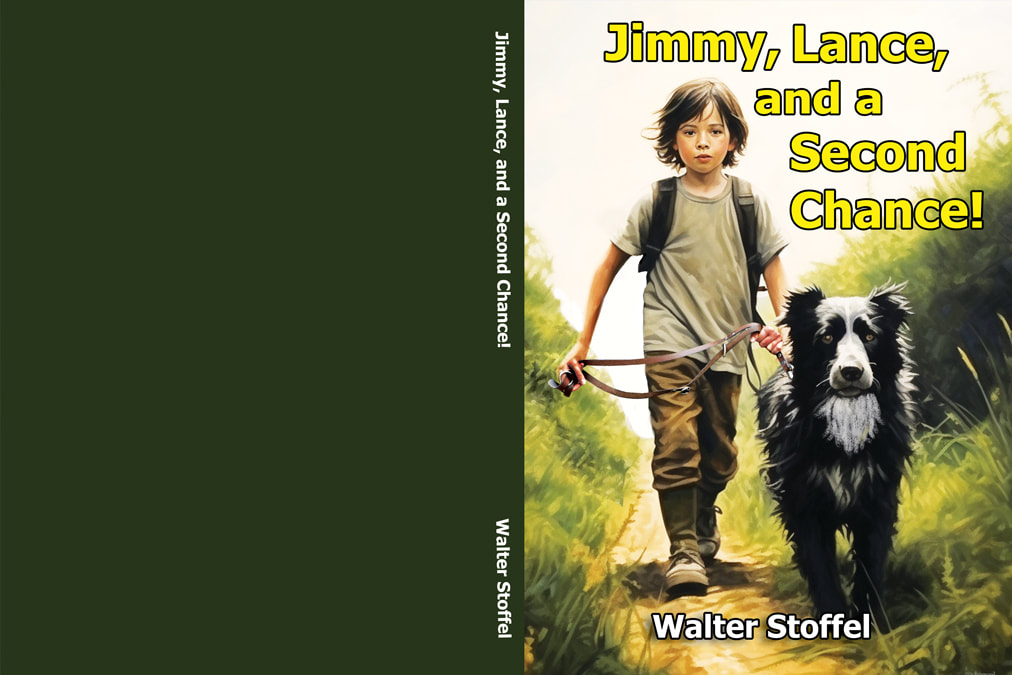
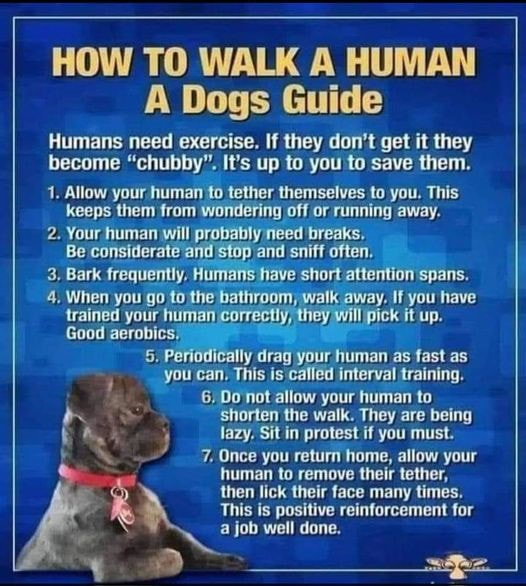
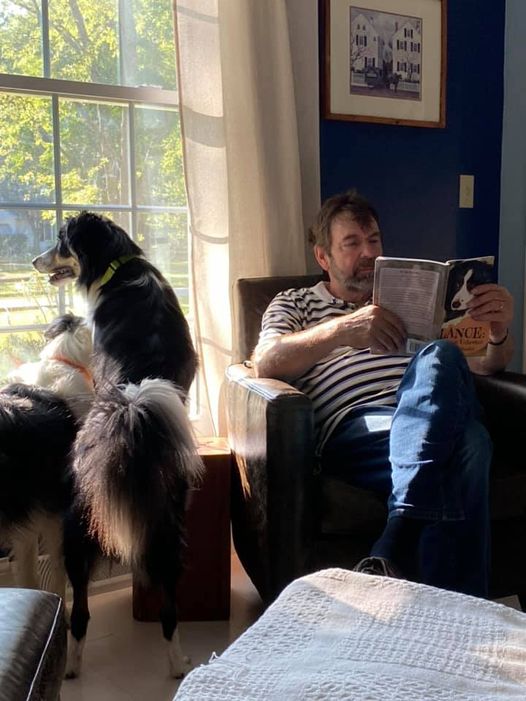
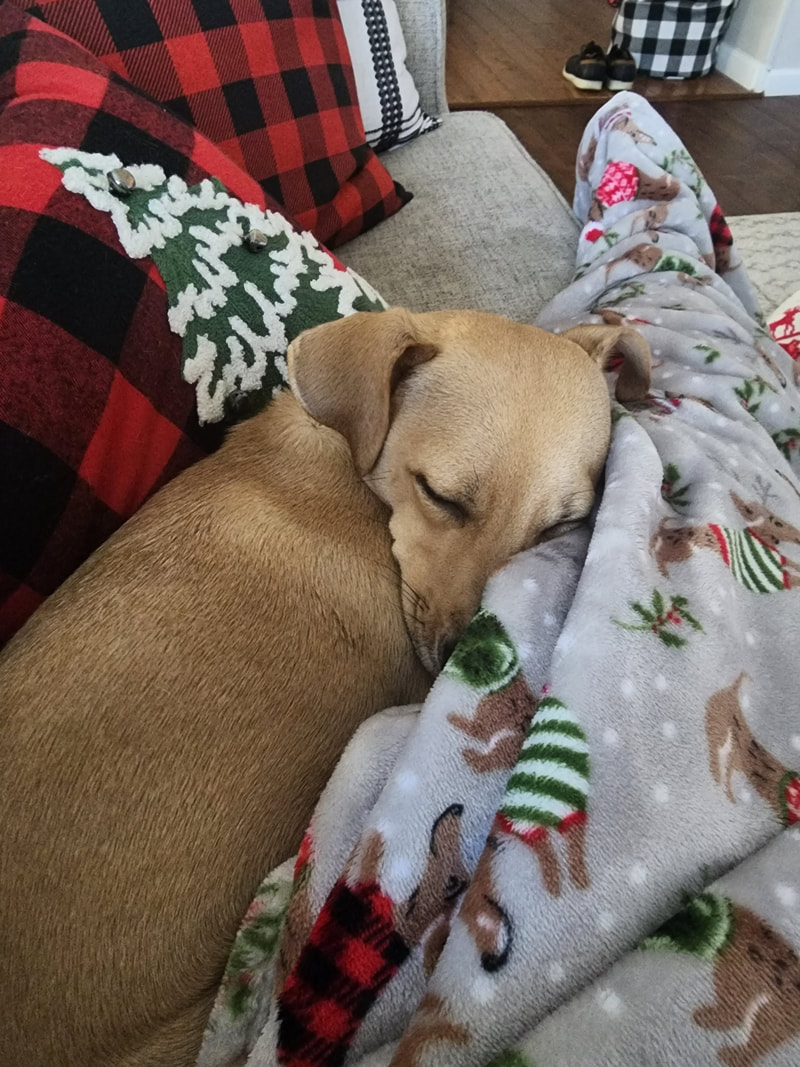

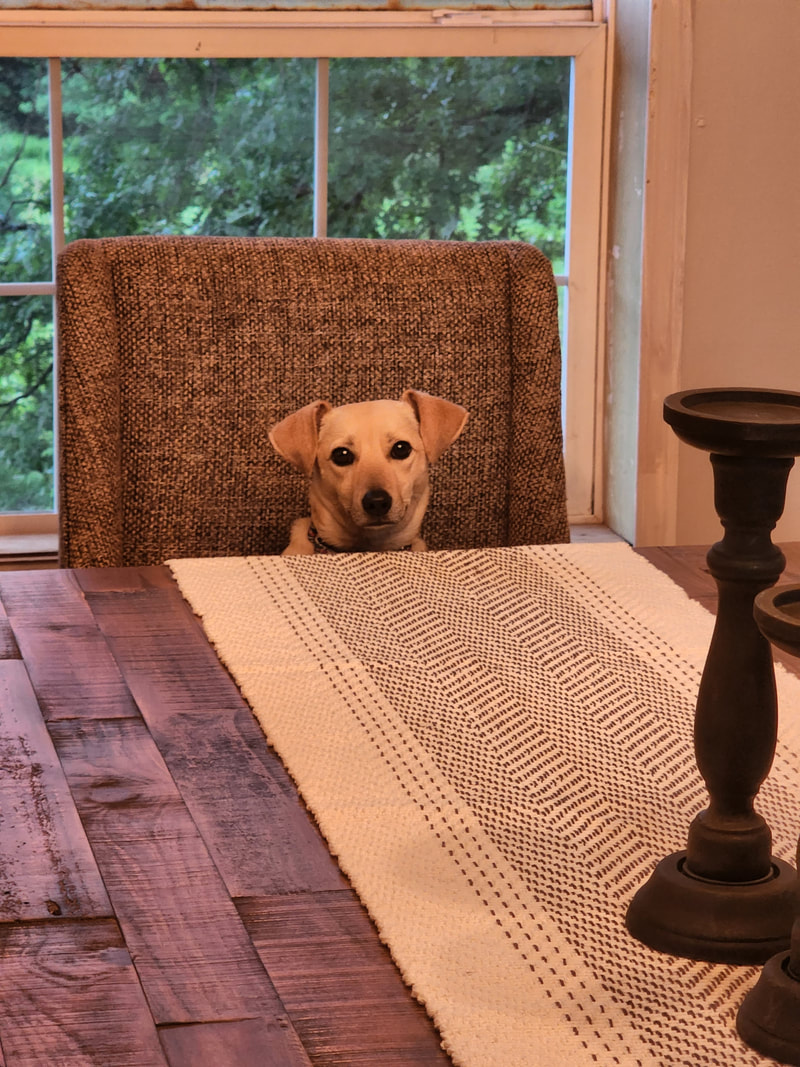
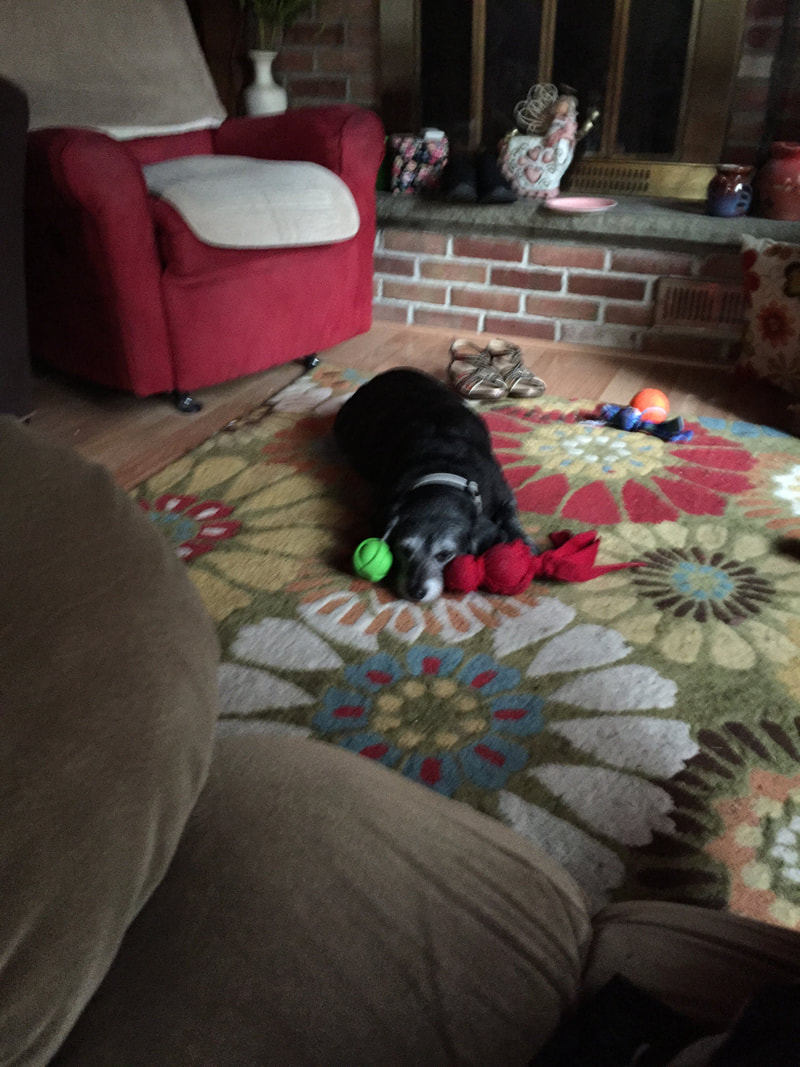
 RSS Feed
RSS Feed